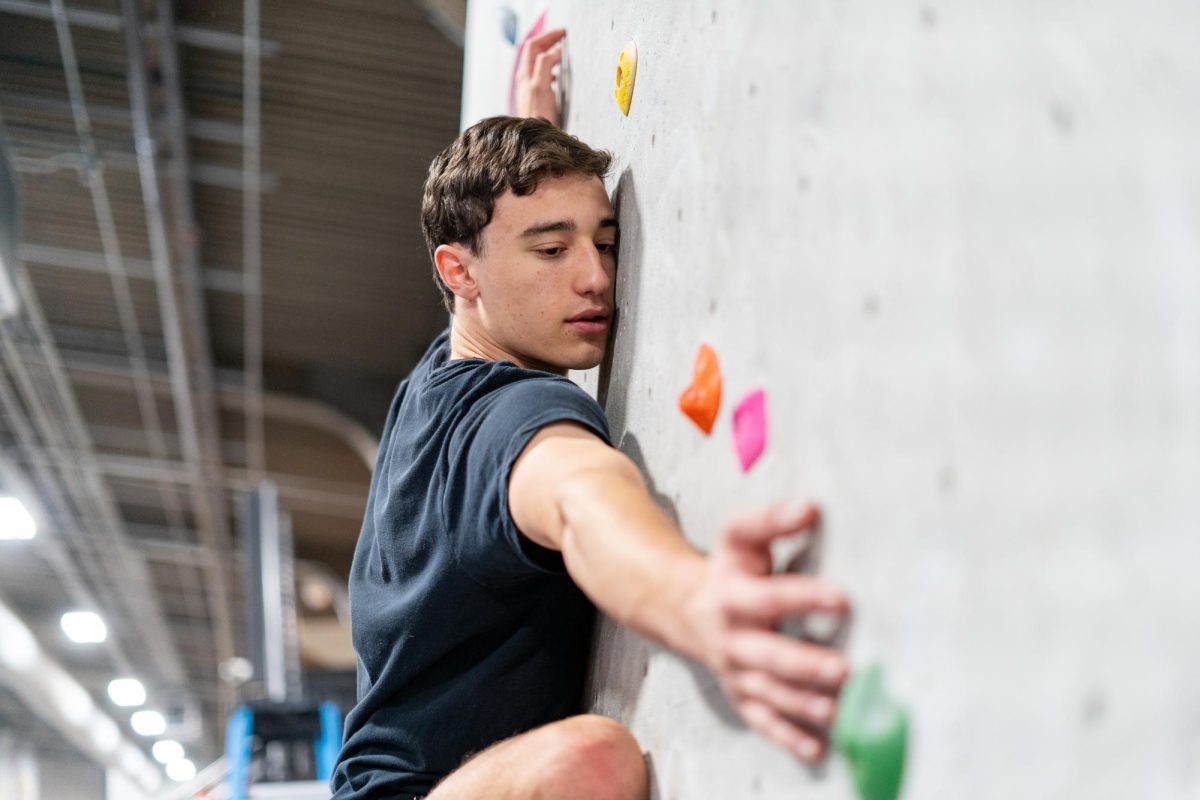Muslims commemorate holy event
January 24, 2005
According to Islamic tradition, the prophet Ibrahim was told by God to sacrifice his son… According to Islamic tradition, the prophet Ibrahim was told by God to sacrifice his son Ismail. Ibrahim obeyed, or so he thought; when he opened his eyes after committing the deed, he found that God replaced his son with a lamb.
In honor of this event — Eid ul-Adha, which began on Friday — Muslims slaughter a lamb and share it among family, neighbors and the poor. Other foods are acceptable as long as they fit the standards of Islamic dietary laws, or halal.
Sana Hussaini, the project coordinator for the Muslim Student Association at Pitt, highlighted what she saw as the important parts of the holiday.
“Most of the holiday is about being with family and friends and helping the poor,” Hussaini said, but noted that the holiday involves sacrifice, both to God and through fasting done the day before.
Hussaini appreciated the understanding that faculty and staff members show toward Muslim students celebrating Eid ul-Adha when asking for time off.
“Most people are really understanding because it is such a well-known holiday,” Hussaini said. “If I was at home, I would be with my family.”
The MSA at Pitt organized a dinner open to the public to celebrate the holiday, and the Islamic Center of Pittsburgh held prayers.
Nusarth Ainapore, the head of media relations for the Islamic Center of Pittsburgh, saw similarities between Eid ul-Adha and other celebrations.
“It’s kind of like Thanksgiving,” Ainapore said, comparing the traditional lamb dish to the turkey. “It’s about thanking God for the bounty he has given.”
The Islamic Center hosted prayers Thursday morning in honor of the holiday.
Eid ul-Adha is traditionally celebrated on the last day of the Hajj, the Muslim pilgrimage to Mecca, and 70 days after Ramadan. The holiday is celebrated for three days.
“You’re supposed to wear new clothes or your best clothes,” Ainapore said, but stressed that the holiday should also be fun. “Eat, drink and have a fairly good time.”
When the prayers are over, Muslims will say “Eid Mubarak,” or “have a blessed day,” and embrace each other, Ainapore said. Part of the celebration includes children receiving small gifts, and, in some cultures, money.
The Islamic calendar is lunar, and the dates of holidays are often based on the cycles of the moon.


